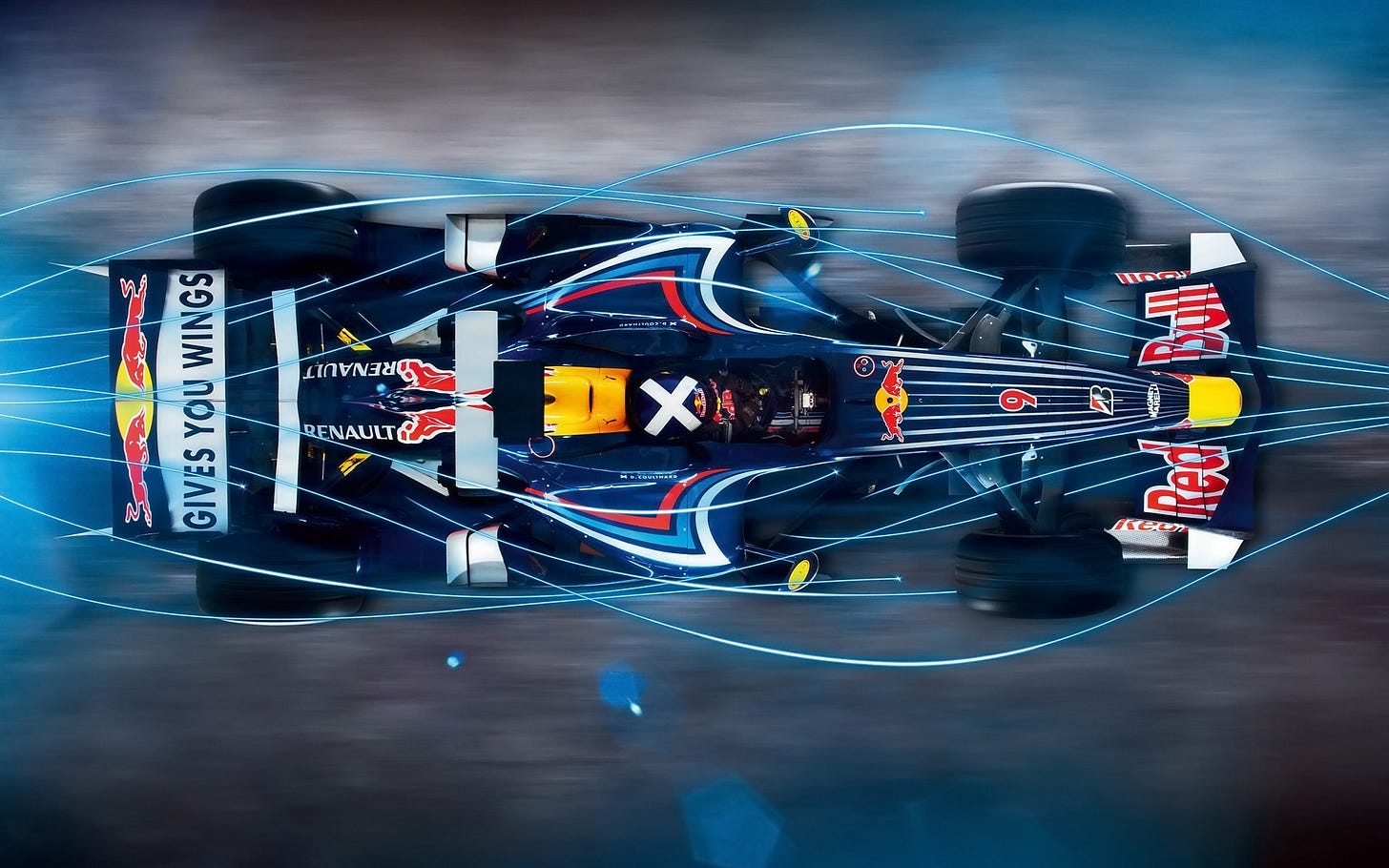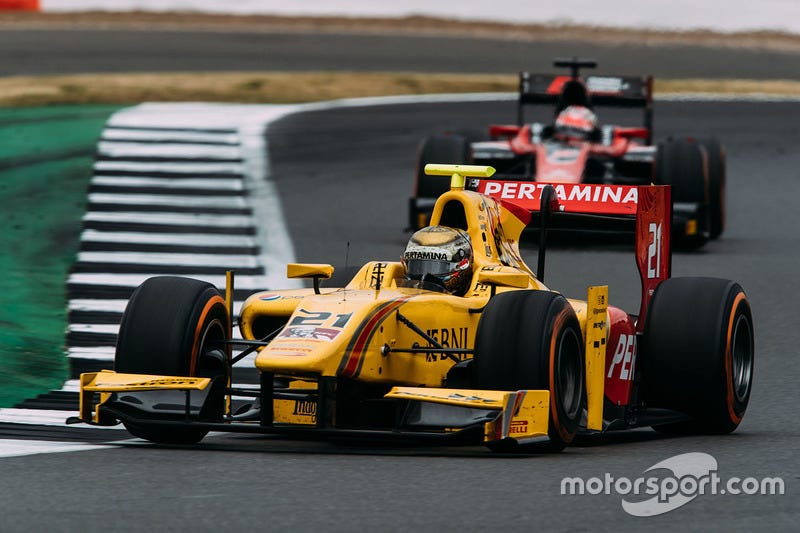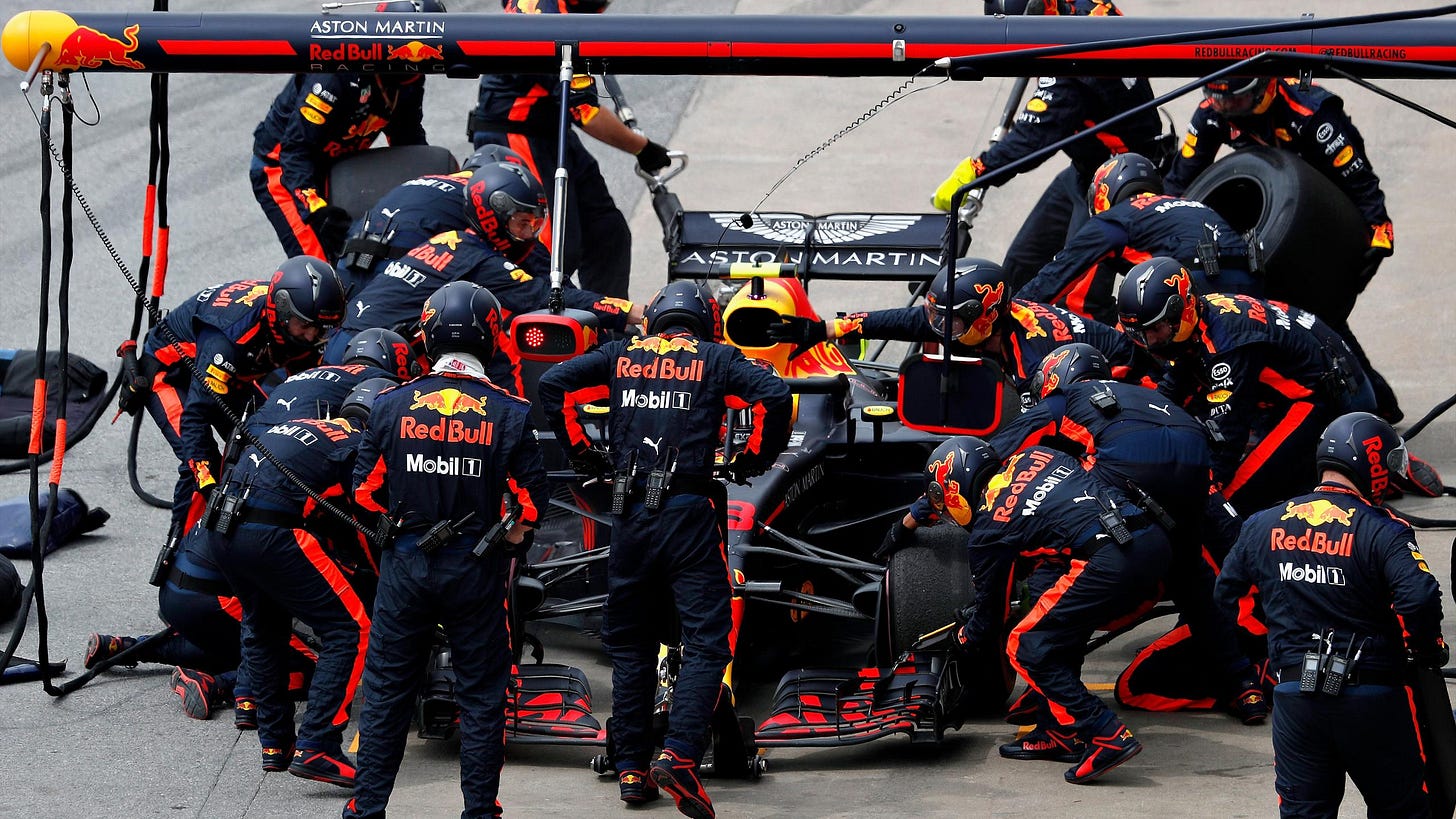The Things You Need to Do to Become a Certified Super-License holding F1 driver!
Junior single-seater series are the steppingstones to F1, where drivers race in open-wheel cars that are similar to F1 cars, but less powerful and complex.
Introduction:
Formula 1 is the most prestigious and competitive form of motorsport in the world, attracting millions of fans and showcasing the best drivers and teams. Many young racers dream of becoming an F1 driver, but only a few can achieve this goal. What does it take to make it to the top level of racing? Here are some steps and tips on how to become an F1 driver.
Start karting at a young age:
The first step to becoming an F1 driver is to start karting as early as possible. Karting is the foundation of racing, where drivers learn the basic skills and techniques of driving fast and safely. Karting also helps develop racecraft, which is the ability to overtake, defend, and strategize on the track. Most F1 drivers started karting when they were between 8 and 14 years old, but some began even younger. For example, Max Verstappen started karting at the age of 4¹. Karting is not only fun but also affordable and accessible. There are many karting tracks and clubs around the world, where drivers can rent or buy karts and compete in local or national championships. Karting is also a great way to meet other racers, make friends, and network with potential sponsors and mentors.
Move to Europe and join a junior single-seater series
After gaining enough experience and success in karting, the next step is to move to Europe and join a junior single-seater series. Europe is the hub of motorsport, where the most competitive and prestigious championships are held. Junior single-seater series are the stepping stones to F1, where drivers race in open-wheel cars that are similar to F1 cars, but less powerful and complex.
There are many junior single-seater series in Europe, such as Formula Ford, Formula 4, Formula Renault, Formula 3, Formula 2, and Formula Regional. Each series has different rules, regulations, costs, and levels of difficulty. Drivers should choose a series that suits their budget, skill, and ambition. The goal is to win races and championships, impress scouts and teams, and earn points towards a Super Licence.
Get a Super Licence:
A Super Licence is a mandatory requirement for any driver who wants to race in F1. A Super Licence is issued by the FIA (the governing body of motorsport) and proves that a driver has the necessary skills, experience, and knowledge to compete in F1. To apply for a Super Licence, drivers must meet the following criteria:
- Be over 18 years old
- Be an international class competition licence holder
- Possess a valid driver’s licence in their home country
- Pass an FIA theory test on F1 sporting regulations
- Complete 80% of two seasons in qualifying single-seater championships
- Accumulate 40 race points in qualifying single-seater championships over a three-year period
- Accumulate 300 driving kilometres in a F1 car
The race points are awarded based on the performance and placement of drivers in various junior single-seater championships. For example, winning the Formula 2 championship gives 40 points, while finishing second in Formula 3 gives 25 points. The higher the level of competition, the more points are awarded.
The driving kilometres in an F1 car can be completed in various ways, such as testing sessions, simulator sessions, free practice sessions, or demonstration runs. Drivers must complete these kilometres within six months before applying for a Super Licence⁴.
Join a F1 team!
The final step to becoming a F1 driver is to join a F1 team. This is the most challenging and competitive part of the journey, as there are only 20 seats available on the grid, and hundreds of drivers vying for them. To join a F1 team, drivers need to have talent, money, dedication, fitness, luck, and timing.
Talent is the most important factor for any driver who wants to race in F1. Drivers need to be fast, consistent, reliable, adaptable, and intelligent on the track. They also need to be able to work well with their engineers, mechanics, teammates, and managers off the track.
Money is another crucial factor for joining an F1 team. Motorsport is an expensive sport, and drivers need to have enough financial backing to support their racing career. Some drivers have personal sponsors or wealthy families who help them fund their racing expenses. Some drivers are also pay drivers, who bring sponsorship money to the team in exchange for a seat.
Dedication is another key factor in becoming an F1 driver. Drivers need to be passionate about racing, and willing to sacrifice their time, energy, and personal life for their career. Drivers need to train hard physically and mentally every day, travel around the world for races and events, and cope with pressure and stress.
Fitness is another essential factor for racing in F1. F1 drivers need to be in peak physical condition, as they have to endure high levels of G-force, heat, and vibration in the cockpit. F1 drivers also need to have excellent reflexes, vision, and coordination. Drivers need to follow a strict diet and exercise regime and undergo regular medical checks.
Luck and timing are also important factors for joining an F1 team. Sometimes, drivers need to be in the right place at the right time and take advantage of opportunities that arise. For example, a driver may get a chance to test or race for an F1 team if another driver is injured, suspended, or retired. Drivers also need to have good connections and relationships with teams, managers, and agents, who can help them find a seat.
Conclusion:
Becoming an F1 driver is not easy, but it is possible for anyone who has the talent, money, dedication, fitness, luck, and timing. The journey starts from karting at a young age and progresses through various junior single-seater series in Europe. The ultimate goal is to get a Super Licence and join an F1 team. However, the journey does not end there, as drivers need to constantly improve their skills and performance to stay in F1 and compete for wins and championships.




